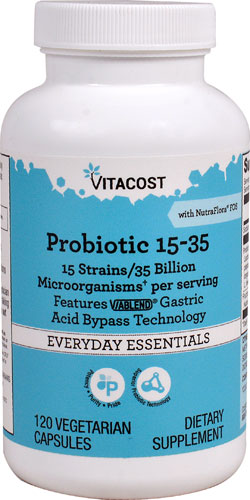We all know the importance of regular brushing and flossing to keep our teeth and gums healthy. But bad breath can plague even the most diligent brushers and flossers, resulting in self-consciousness and social stress. While some cases of bad breath—known as halitosis—can be caused by underlying illness, a seven-year study conducted by the University of Basel’s Department of Oral Surgery in Switzerland earlier this year determined that nine out of 10 cases of halitosis have an oral cause.
Numerous related studies agree, citing the breakdown of organic substances within the mouth and between the teeth as the most common culprit. As food particles break down, they form bacteria and release volatile sulphur-containing compounds that translate directly to foul-smelling breath. Thoroughly brushing the tongue, or using a tongue scraper, and carefully flossing after every meal can alleviate a lot of surface problems associated with bad breath.
Poor gut health can also be a factor in halitosis. If the digestive system is sluggish and the intestines are not operating smoothly—and especially if constipation is an issue—the gas that results can exit through, well, your mouth. A physician should always address unrelenting halitosis, since other conditions including liver disease, kidney disease and chronic sinus problems can sometimes be at the root of the problem. In persistent cases, a dentist should rule out tooth decay or gum disease, and a doctor may check to see if tonsils contain crypts or fissures that are harboring bacteria from trapped food particles.
Naturopathic physician and educator Holly Lucille, author of Creating and Maintaining Balance: A Woman’s Guide to Safe, Natural Hormone Health (IMPAKT Health, 2004) and member of the American Association of Naturopathic Physicians board of directors management, offers the following additional strategies for keeping breath fresh and pleasant.
Put that parsley garnish to good use
Don’t toss aside that bright green sprig of parsley garnishing your meal. Instead, chew on it when you’ve finished eating. Fresh parsley is especially rich in chlorophyll and is detoxifying, antibacterial and naturally deodorizing. “After each meal, eat a sprig of parsley,” Lucille advises. “It naturally kills bacteria in your mouth and is amazing for keeping breath fresh—especially after eating garlic.”
Be pro-active about digestive health
Keeping the digestive system functioning properly can also have a positive effect on breath. “For continual fresh breath, make sure you have healthy flora,” Lucille says. She recommends taking a good probiotic supplement on a daily basis. Also avoid dental hygiene products containing alcohol, and stay adequately hydrated, as a dry mouth can contribute to bad breath (think morning breath); and avoid highly processed foods and foods containing nitrates—such as lunch meats, bacon and hot dogs—as they can overload the digestive system and cause food to linger too long in the intestines.
Crunch some cardamom
Cardamom seeds contain a compound called cineloe, a natural antiseptic. Native to India, cardamom is used as an ingredient in many Indian dishes and is often served between courses as a breath freshener. Cardamom can also be found in mainstream chewing gum as an ingredient that helps neutralize breath odor. Its use in oral health is well documented in traditional Chinese medicine, Ayurveda and in numerous medical practices used in Korea, Japan and Vietnam. “Chew on fresh cardamom seeds after a meal,” Lucille suggests, “to keep breath fresh, and to aid digestion.” Both the black and green varieties of cardamom are equally effective.






